A Commentary on Isaiah, Part 34: The Assyrian Captivity of Judah
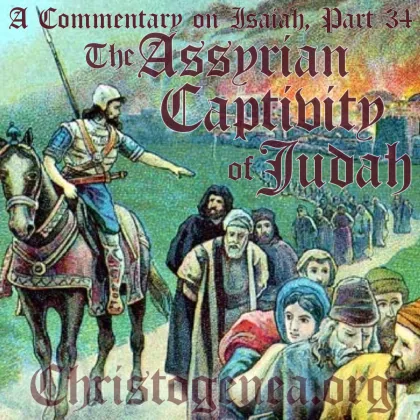
A Commentary on Isaiah, Part 34: The Assyrian Captivity of Judah
As we hope to have illustrated in our last two presentations of Isaiah, discussing chapters 34 and 35, the wrath of Yahweh shall come upon Edom on account of the controversy of Zion, and the consequences of that controversy today are reflected in the fact that for the last 2,000 years and longer, the children of Edom have been masquerading as the children of God, pretending to be Judah, or even Israel, when they certainly are not of Judah or Israel. So now, for the most part, the prophecies against Judah and Israel which had warned them of the coming Assyrian captivities are completed, and Isaiah becomes more historical in nature, in chapters 36 through 39. These chapters contain Isaiah’s record of the Assyrian captivity of Judah and the siege of Jerusalem, which failed because Yahweh had promised to defend Jerusalem “as birds flying” in an earlier prophecy found in Isaiah chapter 31. These chapters also record some of the prophet Isaiah’s personal interactions with Hezekiah the king, and in the course of those interactions Isaiah makes a prophecy of the future captivity of the remnant of Judah in Babylon, something which happened about a hundred and fifteen years later. So there were two captivities of Judah, or actually three, because the later captivity is also divided, and this is only the first of them, but it is often overlooked, that a significant portion of Judah had been taken by the Assyrians, and therefore never went to Babylon.
So Isaiah had lived to record the fulfillment of some of his own prophecies, just as Jeremiah and Ezekiel had later spent many years warning the people of Judah concerning the Babylonians, and both prophets had lived to record the destruction of Jerusalem. Yet Isaiah, like Jeremiah and Ezekiel, had also prophesied many things which he did not live to see, such as the destruction of Tyre in Isaiah chapters 23 and 24, and the destruction of Assyria in Isaiah chapter 10, or the rise of the empire of the Babylonians, in Isaiah chapter 14, and their taking of Judah into captivity in Isaiah chapter 39. However the subsequent history of the region had also proven the credibility of those prophecies, and his Messianic prophecies had mostly been fulfilled in the first ministry of Christ. While we still await the fulfillment of those which have not yet been fulfilled, they are prophesied again by Christ Himself in the Revelation. Therefore we may rest assured that everything which Isaiah had prophesied which has not yet come to pass, either in history or in our own time, such as the destruction of Edom for the controversy of Zion, certainly shall come to pass at some point in the future.

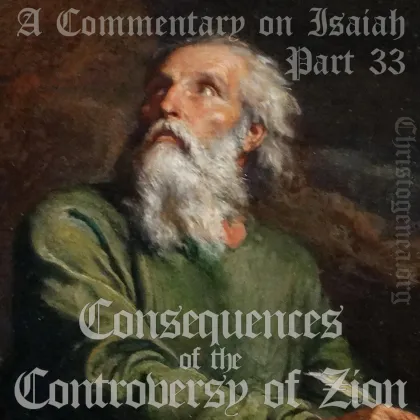
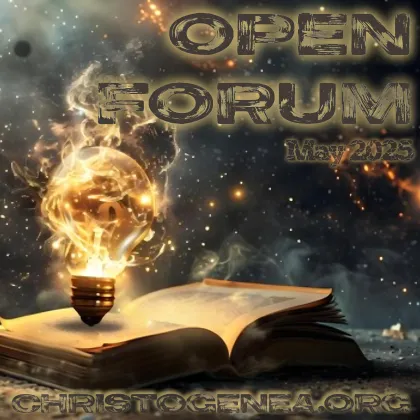

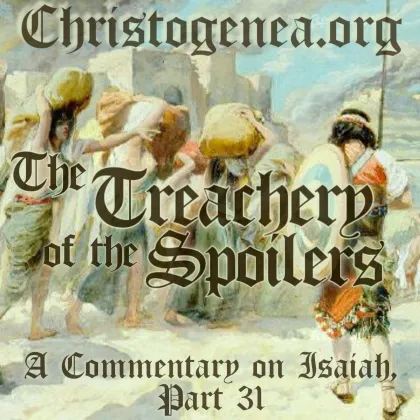


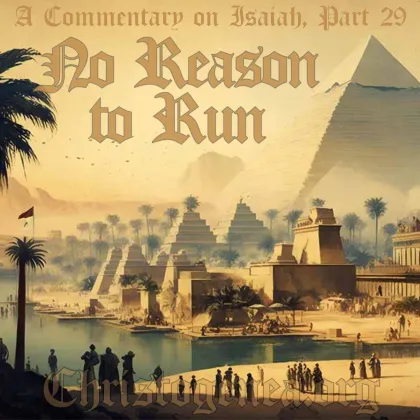
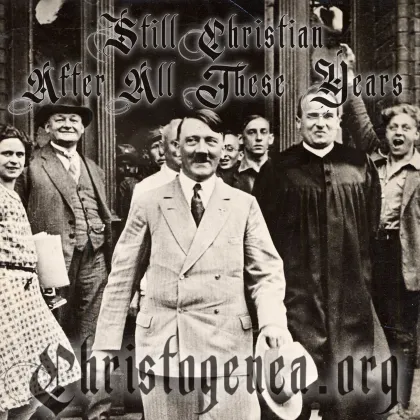
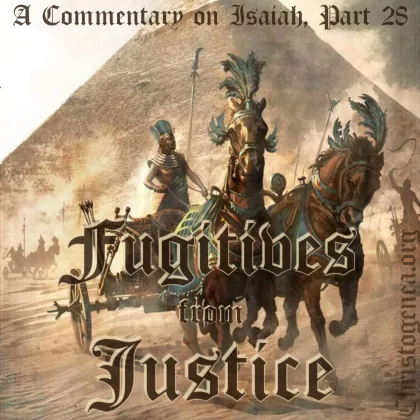
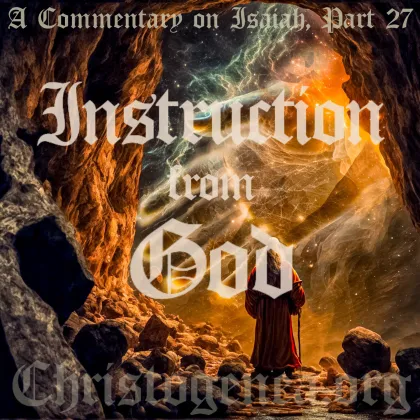

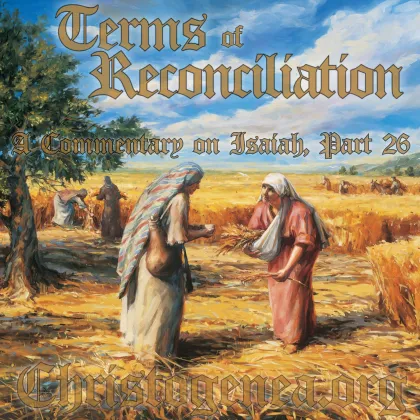
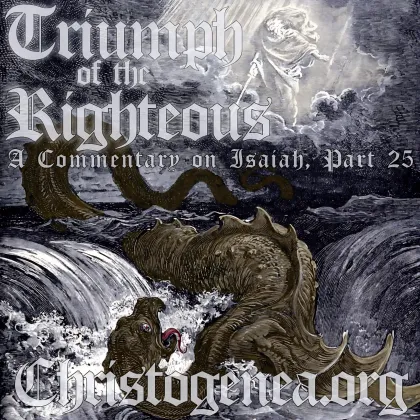
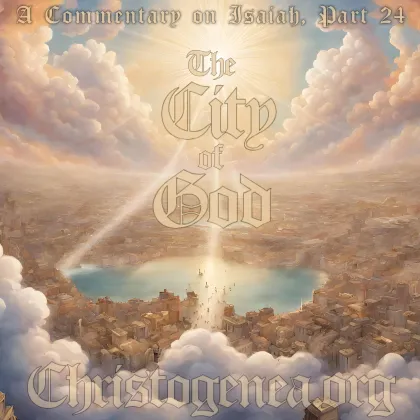
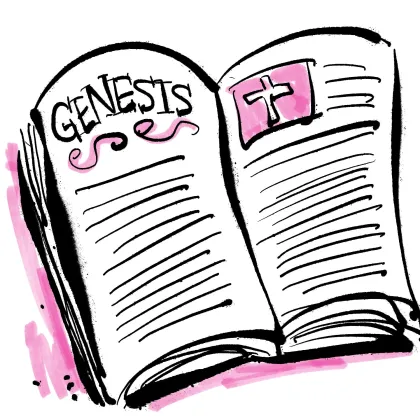
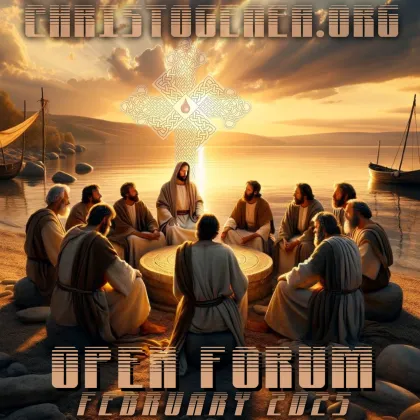

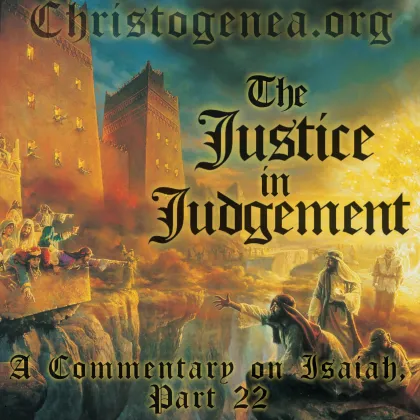
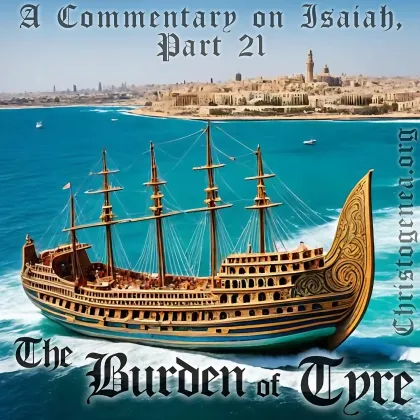




 Please click here for our mailing list sign-up page.
Please click here for our mailing list sign-up page.







